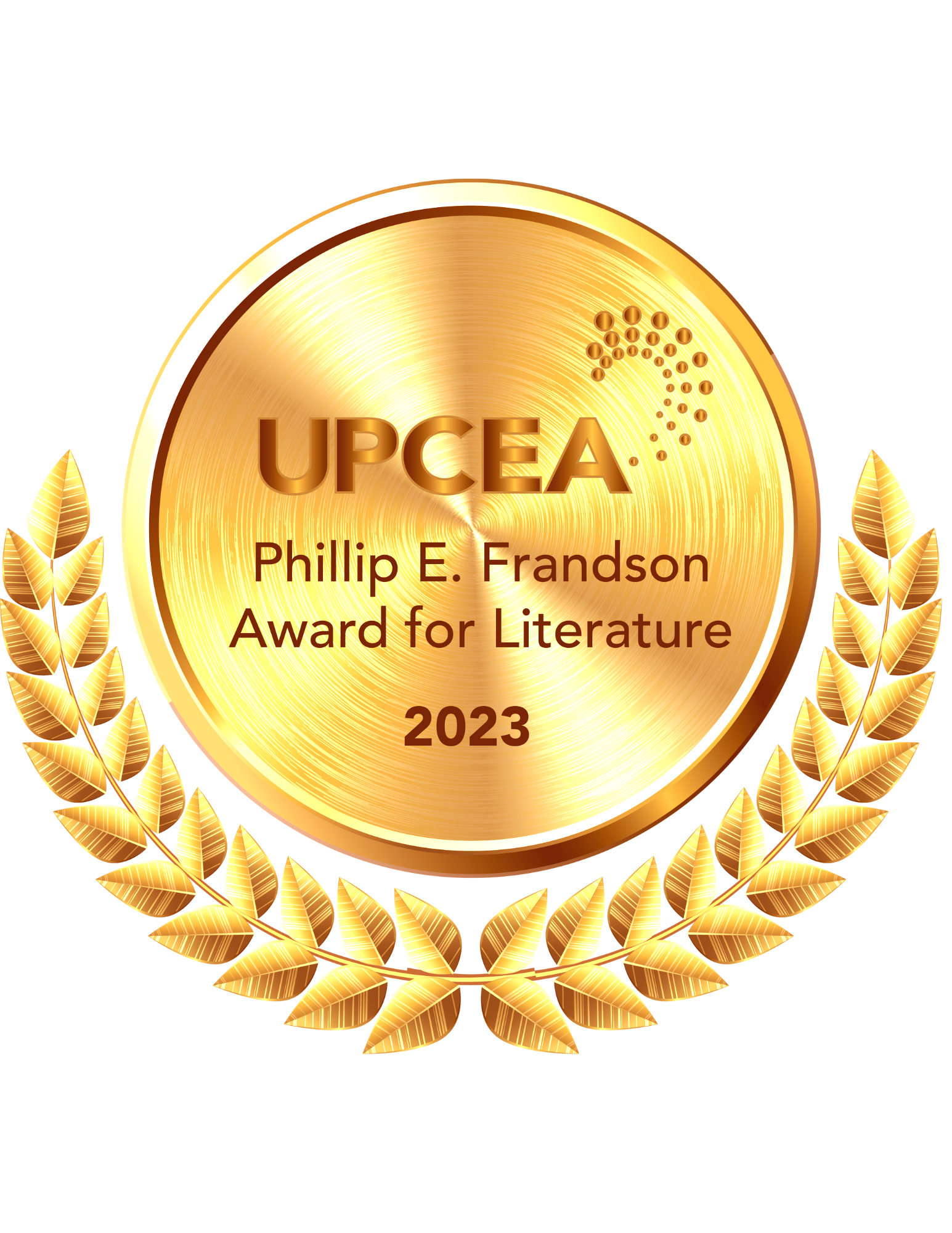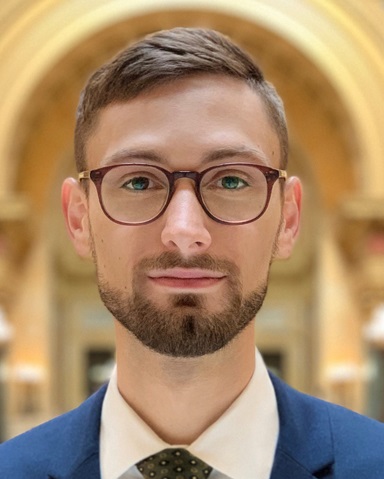
In March of this year, the esteemed editors of
New Models of Higher Education: Unbundled, Rebundled, Customized, and DIY were awarded the Frandson Award for Literature by UPCEA. The award is a testament to the outstanding contributions made by the editors towards the field of higher education. In recognition of this achievement, we had the opportunity to sit down with the editors and ask them a few questions about their work and the future of higher education. Their answers were enlightening and provided unique insights into the trends and challenges that are currently shaping the landscape of higher education.
Editors Question & Answer
What inspired you to write your Frandson Award-winning book, New Models of Higher Education: Unbundled, Rebundled, Customized, and DIY?
Both: About 5-6 years ago, we began regularly asking student why they were stopping in and out of our programs. They had perfectly good and rational explanations, that all boil down to basically the same thing: “What I really want is to learn a new set of skills (for a promotion at work, to change jobs, for fun, etc.). And not only that, I’ve got a lot of work and life obligations that I just can’t (or more often, don’t want to) drop. Why can’t you create programs that fit my life vs. expect me to drop everything to get a one-size-fits-all degree?”
Of course, some of the strongest current trends in higher education focus on alternative formats to better fit the lives of our students: competency-based education, stackable credentials, distance learning, credit for prior learning, comprehensive learner records, new policies that need to support new models of education. All of these, arguably, are a result of the higher ed industry trying to meet the needs of people seeking the lifelong learning the same way they’re consuming all information in a streaming world: picking and choosing among an ever-present array of education and training opportunities.
And honestly, our students are already consuming education and training this way – despite the roadblocks traditional higher ed was putting up. In fact, an entire industry, the Ed Tech industry, has sprung up to fill the void that traditional colleges and universities aren’t filling. The pandemic’s shutdown, of course, accelerated people’s need to learn in different ways.
We both thought: What if we actually encouraged the higher ed field to embrace this new model of higher-education-in-a-streaming-world? How much better could student learning and workforce training become under this scenario?
How has winning the Frandson Award impacted your academic and professional career?
Prof. Brower: It was an honor and we were humbled to have learned we’d won this award from UPCEA, higher ed’s premier professional association focused on continuing and online learning. It was just a huge surprise and honor. In terms of how this award will shape our careers, that’s to be seen. I am nearing the end of a long and rewarding career as a higher education scholar, professor, and administrator, and Ryan is just at the beginning of his career, which promises to be very, very productive.
What sets your publication apart from others in the field that helped it stand out to the Frandson Award committee?
Both: We’re guessing at this since the selection process was not public. But we imagine it was that our book brought together lots of themes that are being discussed within higher ed. As we said in the book’s Preface: our intention was for this book to be like the picture on the cover of the jigsaw puzzle box that helps put all the individual pieces together. We imagine the awards committee agreed with our book’s contribution in this regard.
What challenges did you face while creating your publication, and how did you overcome them?
Both: Our book consists of more than twenty chapters, written by more than 50 leading higher education scholars and practitioners. It’s always a challenge to corral that many busy people and hold them to our rather tight timeline. (The book was published 18 months after my initial proposal discussion with IGI.) But honestly, every single one of the authors came through, and IGI did a fantastic job moving the manuscript through its publication process. Since IGI gave us the option, we wanted to publish the book as Open Access – allowing it to be free to everyone as a digital download. That required a separate set of challenges related to raising the OA funds. Because we did not want to pass the hat among the chapter authors (which felt to us too much like “pay to play” publishing), we approached higher ed foundations for sponsorship. We were extremely grateful that Lumina and Walmart both generously came through to co-sponsor our book’s Open Access.
How do you believe your publication contributes to the advancement of knowledge in your field, and how can it revolutionize the Education industry? And how do you envision the impact of your publication and the Frandson Award on the field and society as a whole?
Both: We do hope that our book pushes the field towards higher ed’s future that we envision – where people, throughout their lives, are actively supported and encouraged by the higher ed industry to continually engage with education and training as they need it. Our world is changing so rapidly, and it is essential for people to continually learn new skills and acquire new knowledge in order to remain current in their fields. Higher ed needs to rise to this challenge by changing how and what it delivers. If our book contributes even a little bit to higher ed’s ability to meet society’s needs in this respect, we will be extremely, extremely proud.
About the Editors

Aaron Brower is the founding Executive Director for the University of Wisconsin Extended Campus, and the Senior Associate Vice President for Academic Affairs at the UW System. UWEX has built a national reputation for award-winning innovative online programs for adults and professionals. Among UWEX’s innovations is the UW Flexible Option, the first-in-the-country (and still only) competency-based educational program run throughout an entire statewide system. From 2012-2018, Brower served as Provost of UW-Extension (and Interim Chancellor of UW Colleges and UW-Extension during 2014). From 2007-2021, he was UW-Madison’s Vice Provost for Teaching & Learning. Brower remains a tenured professor at UW-Madison’s School of Social Work. Brower earned a dual Ph.D. in Psychology and Social Work in 1985 from the University of Michigan. Brower has written 5 books, more than 50 peer-reviewed articles and book chapters, and received over $18M in grants to support his work. His scholarship demonstrates the academic and social outcomes produced when colleges blend in- and out-of-class learning – engaging the whole university to support the entire student. His current work, and the subject of this book, develops a new educational approach that encourages people to customize the unbundling and rebundling of their education and training throughout their lives.

Ryan J. Specht-Boardman works for the University of Wisconsin (UW) Extended Campus. He is responsible for leading the UW Flexible Option, which is the UW System’s innovative multi-campus portfolio of competency-based degrees and certificates that serves over 1,200 students annually. He also has experience standing up and managing the UW Boot Camps, a collaboration between the UW System and 2U, Inc. Ryan’s career began in student services and has since moved into academic program management. His primary mission is to build, grow, and sustain non-traditional, alternative, and innovative programs for adult learners. He believes that improving educational outcomes for adult learners requires rethinking higher education's existing paradigms in program design. Ryan posits that improving educational outcomes for adult learners is an essential part of building a more equitable and resilient economy in his community. He holds degrees from the University of Wisconsin-Stevens Point and the University of Iowa.
About IGI Global
Founded in 1988 and headquartered in Hershey, Pennsylvania, USA with a subsidiary office (IGI Science and Technology, Ltd.) operating out of Beijing, China, IGI Global is a leading medium-sized independent international academic publisher of scholarly reference sources. They are committed to facilitating the discovery of pioneering scientific research that enhances and expands the body of knowledge available to the research community through traditional and open access publishing workflows. Working in close collaboration with more than 150,000+ expert researchers and professionals from leading institutions, IGI Global publishes quality peer-reviewed content in three major academic subject areas:
Learn more about IGI Global
here.
Browse for more posts in:
Awards & RecognitionEducationBooks & E-BooksOpen Access